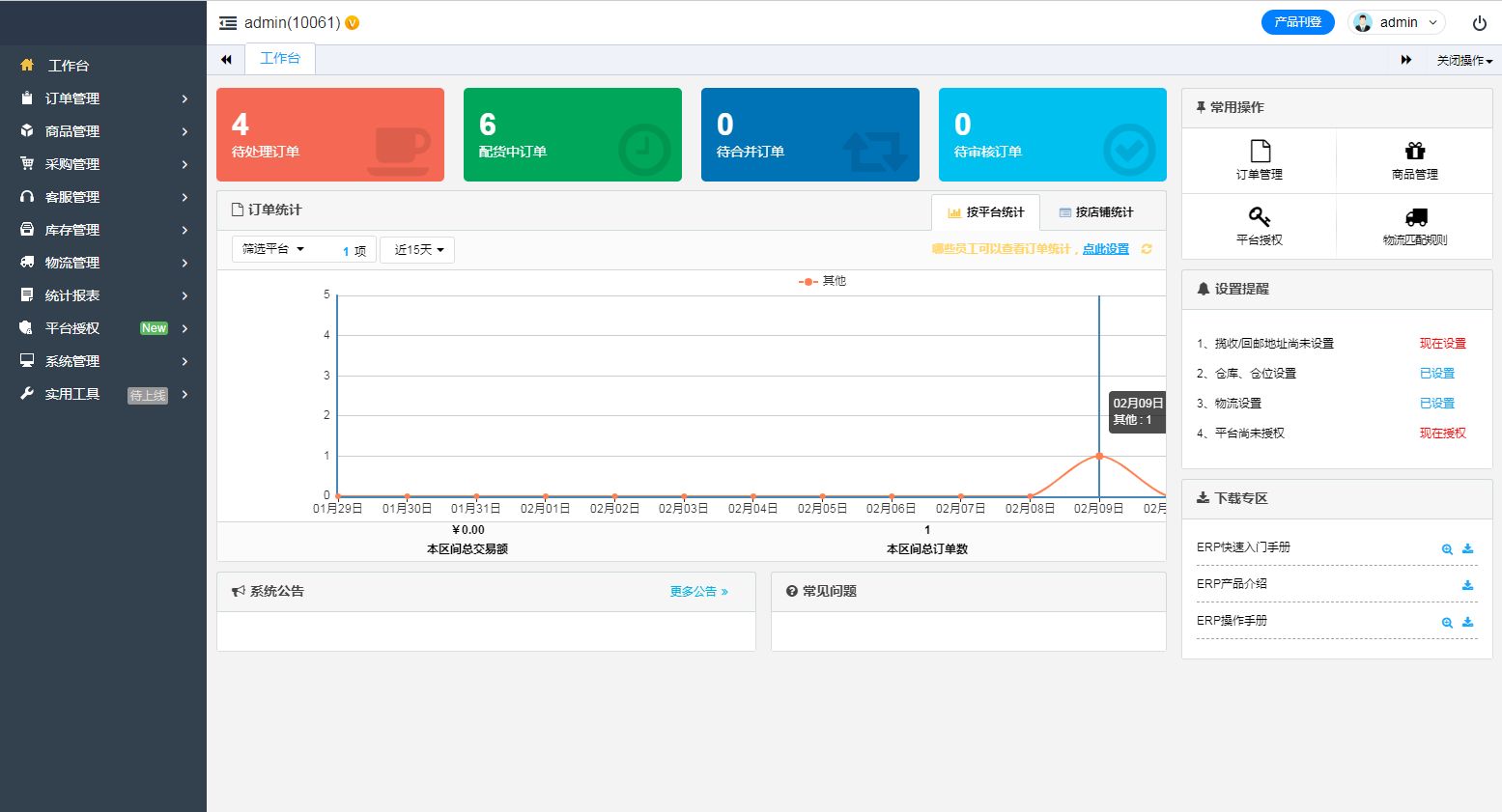
The need for customization of cross-border e-commerce ERP source code is one of the issues that cross-border e-commerce companies need to focus on during the entire ERP system development and implementation process. This article will conduct an in-depth discussion on the needs and best practices of cross-border e-commerce ERP source code customization, and provide some suggestions and ideas for practitioners and related people in the industry.
Customized needs
The business characteristics of cross-border e-commerce ERP determine the need for customized source code. Due to the large differences in business models, operating methods, process requirements, etc. of different cross-border e-commerce companies, there are varying degrees of customization requirements for the source code of the ERP system. Specifically, the customization requirements for cross-border e-commerce ERP source code mainly include the following aspects:
1. Multi-language and currency support
Cross-border e-commerce ERP systems need to support multi-language and multi-currency to adapt to the marketing and business development needs of different countries and regions. Therefore, during the source code customization process, multi-language and multi-currency support issues need to be fully considered to ensure the applicability and flexibility of the system on a global scale.
2. Customs clearance integration
Cross-border e-commerce involves complex links such as cross-border logistics and customs clearance. Therefore, the source code customization of the ERP system needs to fully consider the integration with the customs and logistics systems to achieve real-time synchronization of order logistics information and convenient processing of customs clearance processes.
3. Marketing campaign management
The marketing activities of cross-border e-commerce are diverse and complex, so the source code of the ERP system needs to support flexible configuration and management of promotional activities to provide enterprises with refined marketing management functions.
4. Data analysis and report customization
The business decisions of cross-border e-commerce rely on in-depth analysis and report display of large amounts of cross-border data. Therefore, the source code customization requirements of the ERP system include flexible customization of data analysis and reports to ensure that business managers can obtain accurate and comprehensive information. data support.
Best Practices
For the customized needs of cross-border e-commerce ERP source code, the following are some best practice recommendations:
1. Understand the core needs of the enterprise
Before source code customization, it is first necessary to have an in-depth understanding of the company's core business needs, including business models, process bottlenecks, future development plans, etc., so as to carry out targeted customized design and development of source code.
2. Adopt modular customization
The cross-border e-commerce ERP system is large and complex. Therefore, it is recommended to adopt a modular customization method to split the ERP system into multiple independent modules for customized development and integration respectively to reduce the complexity and risk of overall customization.
3. Introducing flexible configuration and scalable mechanisms
In the process of source code customization, flexible configuration and scalability mechanisms need to be introduced so that enterprises can flexibly configure the system according to actual business needs, and at the same time, they can easily expand and upgrade system functions when business expands in the future.
4. Rigorous testing and verification
After the customized source code development is completed, strict testing and verification are required to ensure the compatibility and stability of customized functions and standard functions, thereby laying the foundation for the stable operation of the enterprise's subsequent systems.
In the process of cross-border e-commerce ERP source code customization, enterprises need to work closely with professional ERP system development and implementation teams to fully communicate their own business needs and customization expectations, so as to achieve orderly and efficient advancement of system customization requirements. . At the same time, when companies select a development team, they should examine its actual experience and industry reputation in cross-border e-commerce ERP customization to ensure that the customization practice can achieve the expected results.